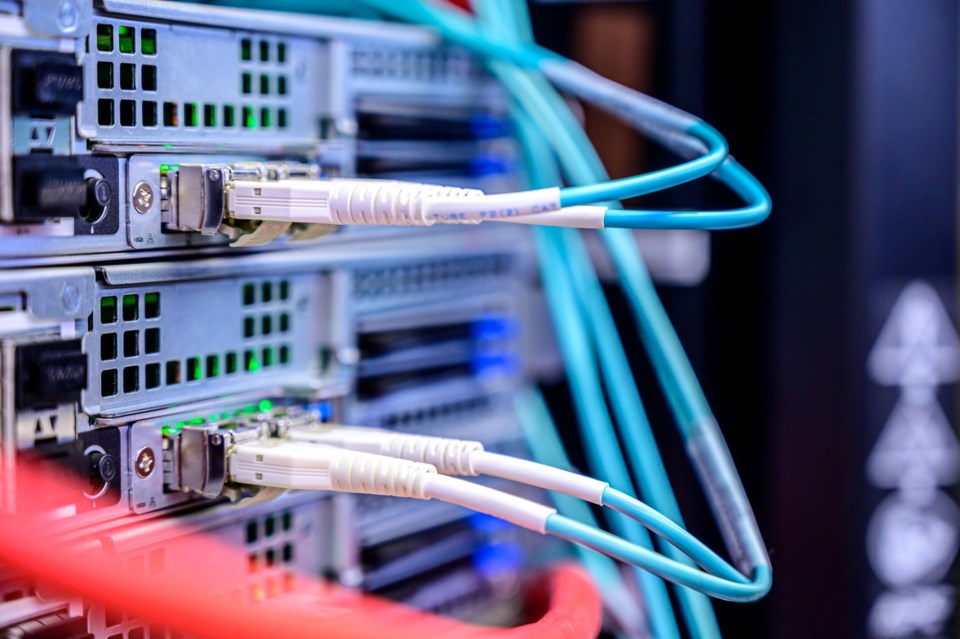Ottawa is delivering more than $9.5 million in federal funding for 11 projects to bring high-speed internet to 17 rural and Indigenous communities in Northern Ontario.
Coming from the Universal Bandband Fund, the government said in a June 23 news release that these projects will connect 6,124 underserved households, 2,953 of which are in Indigenous communities. Of the 11 projects, 10 are led by Indigenous applicants.
The following communities and areas will benefit from these projects:
- Animakee Wa Zhing 37
- Asubpeeschoseewagong First Nation (Grassy Narrows)
- Big Grassy First Nation
- Chapleau Ojibwe First Nation
- Chippewas of Georgina Island
- Mishkeegogamang Ojibway First Nation region
- North Spirit Lake First Nation region
- North West Angle No. 33 First Nation
- Northwest Angle No. 37 First Nation
- Ojibways of Onigaming First Nation
- Ojibways of the Pic River First Nation (Biigtigong Nishnaabeg) region
- Pikangikum
- Rural areas near Kenora
- Sioux Narrows
- The region of Kejick (Iskatewizaagegan #39 Independent First Nation)
- Wauzhushk Onigum
In the release, the government called this funding "another important step toward bridging the infrastructure gap between Indigenous and non-Indigenous communities across Canada" that was presented in the 2021 federal government's budget and its $6-billion infrastructure plans for First Nation communities, including establishing a $4.3-million Indigenous Community Infrastructure Fund to tackle clean drinking water projects, housing, schools, broadband and health care facilities.
To date, the government said it has approved high-speed internet projects that will connect 3,386 Indigenous households in Ontario through the Rapid Response Stream of the Universal Broadband Fund, a $2.75-billion program launched last November, with the goal of connecting 98 per cent of Canadians to high-speed internet by 2026 and the remainder by 2030.
The strategy is to connect all Canadians with access to internet speeds of at least 50 megabits per second (Mbps) download / 10 Mbps upload.
"The Universal Broadband Fund is an important program that continues to support Indigenous peoples’ access to high-speed Internet and enhances education and business opportunities in their communities," said Indigenous Service Minister Marc Miller in a statement.



